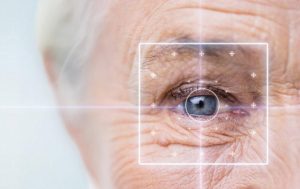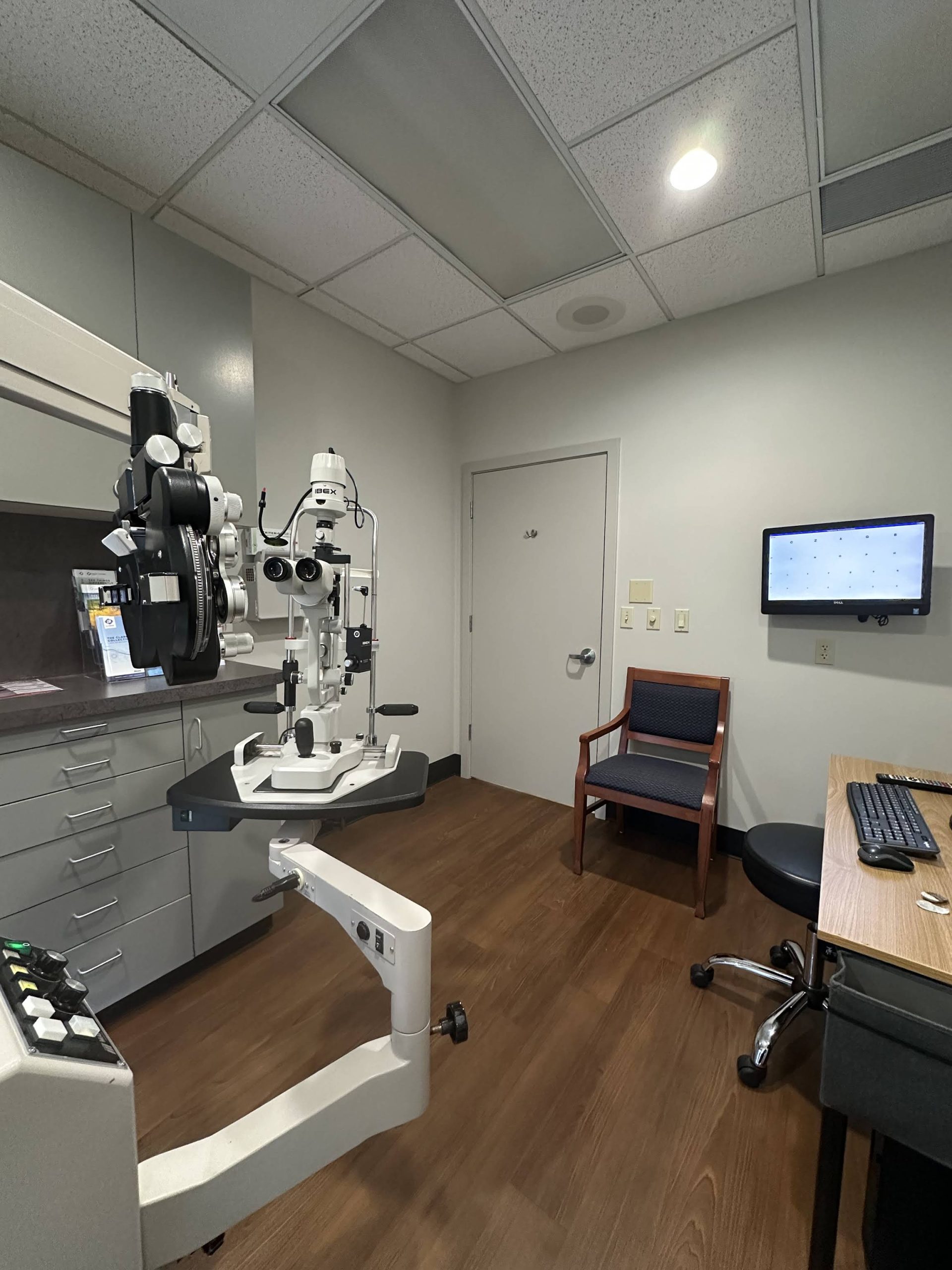 Macular degeneration is a leading cause of vision loss among older adults, affecting millions of people worldwide. For residents of Bothell, WA, finding a qualified macular degeneration doctor is crucial for early diagnosis and effective management of this condition. This article explores the importance of specialized care, the types of treatments available, and how to choose the right doctor for your needs.
Macular degeneration is a leading cause of vision loss among older adults, affecting millions of people worldwide. For residents of Bothell, WA, finding a qualified macular degeneration doctor is crucial for early diagnosis and effective management of this condition. This article explores the importance of specialized care, the types of treatments available, and how to choose the right doctor for your needs.
Understanding Macular Degeneration
Macular degeneration, particularly age-related macular degeneration (AMD), occurs when the central part of the retina, known as the macula, deteriorates. This condition can lead to blurred vision and, in severe cases, loss of central vision. Understanding the types and stages of macular degeneration is essential for effective management. The macula is crucial for tasks that require sharp vision, such as reading and recognizing faces, making the implications of this condition particularly significant for daily life.
Types of Macular Degeneration
There are two primary types of macular degeneration: dry and wet. Dry macular degeneration is more common and develops gradually as the light-sensitive cells in the macula break down. It is often characterized by the presence of drusen, which are small yellow deposits that form under the retina. Wet macular degeneration, while less common, is more severe and can lead to rapid vision loss due to abnormal blood vessel growth beneath the retina. This abnormal growth can cause fluid leakage and bleeding, leading to scarring of the macula and further deterioration of vision. Understanding these types helps in recognizing the risk factors and potential treatment options available.
Symptoms to Watch For
Common symptoms of macular degeneration include distorted vision, difficulty seeing in low light, and a gradual loss of central vision. Patients may notice that straight lines appear wavy or that there are dark spots in their central vision, which can be particularly disconcerting. Early detection is key, as timely intervention can slow the progression of the disease and preserve vision. Regular eye examinations are crucial, especially for individuals over the age of 50, as they are at a higher risk for developing AMD. Additionally, lifestyle factors such as smoking, diet, and UV exposure can influence the onset and progression of the disease, making awareness and proactive management even more important.
The Role of a Macular Degeneration Doctor
A macular degeneration doctor specializes in diagnosing and treating conditions related to the macula. These specialists often have extensive training in ophthalmology and are equipped with the latest technology to assess the health of the retina. Their expertise is crucial, as macular degeneration is one of the leading causes of vision loss among older adults, making timely intervention essential for preserving sight.
Diagnostic Procedures
To accurately diagnose macular degeneration, doctors may use various diagnostic procedures, including optical coherence tomography (OCT), fundus photography, and visual field tests. These tests help in assessing the extent of damage and determining the best course of treatment. For instance, OCT provides cross-sectional images of the retina, allowing doctors to visualize the layers of the macula in detail, while fundus photography captures a wide-angle view of the retina, helping to identify any abnormalities or changes over time. Visual field tests assess peripheral vision, which can be affected as the disease progresses.
Creating a Treatment Plan
Once diagnosed, a macular degeneration doctor will create a personalized treatment plan tailored to the patient’s specific needs. This may include lifestyle changes, nutritional supplements, and in some cases, advanced therapies such as anti-VEGF injections or laser treatments. Lifestyle modifications can play a significant role in managing the condition; for example, patients may be advised to adopt a diet rich in leafy greens and omega-3 fatty acids, which are believed to support retinal health. Additionally, regular follow-up appointments are essential to monitor the progression of the disease and adjust the treatment plan as necessary, ensuring that patients receive the most effective care possible.
Furthermore, macular degeneration doctors often collaborate with other healthcare professionals, such as nutritionists and rehabilitation specialists, to provide a comprehensive approach to patient care. This multidisciplinary strategy not only addresses the medical aspects of the condition but also focuses on enhancing the quality of life for patients. Educational resources and support groups may also be recommended, empowering patients to understand their condition better and connect with others facing similar challenges. By fostering a supportive environment, these specialists help patients navigate the emotional and psychological impacts of vision loss, which can be just as significant as the physical symptoms.
Available Treatments for Macular Degeneration
While there is currently no cure for macular degeneration, several treatment options can help manage the condition and slow its progression. Understanding these treatments can empower patients to make informed decisions about their eye health.
Nutrition and Lifestyle Modifications
Research has shown that a healthy diet rich in leafy greens, fish, and nuts can support eye health. Lifestyle changes such as quitting smoking and exercising regularly can also contribute to better outcomes for those with macular degeneration.
Medical Interventions
For patients with wet macular degeneration, medical interventions such as anti-VEGF injections can be highly effective. These injections help to reduce fluid leakage and abnormal blood vessel growth, preserving vision. Additionally, photodynamic therapy may be recommended in certain cases.
Low Vision Rehabilitation
For those experiencing significant vision loss, low vision rehabilitation services can provide essential support. These services include training in the use of vision aids and strategies to adapt to vision changes, improving the quality of life for individuals with macular degeneration.
Choosing the Right Macular Degeneration Doctor in Bothell, WA
Finding the right macular degeneration doctor is crucial for effective management of the condition. Several factors should be considered when making this important decision.
Qualifications and Experience
When searching for a macular degeneration specialist, it is essential to consider their qualifications and experience. Look for doctors who are board-certified in ophthalmology and have specific training in retinal diseases. Experience in treating macular degeneration can significantly impact the quality of care received.
Patient Reviews and Recommendations
Patient reviews can provide valuable insights into a doctor’s practice. Online platforms and local community forums can be helpful in gathering feedback from other patients. Additionally, seeking recommendations from primary care physicians can lead to trustworthy referrals.
Accessibility and Communication
Accessibility is another critical factor. Consider the location of the doctor’s office, office hours, and whether they accept your insurance. Furthermore, effective communication is vital for a successful doctor-patient relationship. A good doctor should be willing to answer questions and explain treatment options clearly.
Conclusion
Macular degeneration can be a daunting diagnosis, but with the right care and support, individuals can manage the condition effectively. Residents of Bothell, WA, have access to qualified macular degeneration doctors who can provide personalized treatment plans and ongoing support. By understanding the nature of the disease, available treatments, and how to choose the right specialist, patients can take proactive steps toward maintaining their vision and quality of life.
In conclusion, prioritizing eye health is essential, especially for those at risk of macular degeneration. Regular eye exams and consultations with a macular degeneration doctor can make a significant difference in preserving vision and enhancing overall well-being.
If you’re in Bothell, WA, and concerned about macular degeneration or any other eye health issues, Overlake EyeCare is here to help. Dr. Mary Coday and our team are committed to providing you with the highest level of service to ensure you maintain the best vision possible. With our expertise in cataract surgery and advanced intraocular lens technology, we tailor our approach to meet your unique visual needs and eye health, including conditions like macular degeneration. Don’t wait until your vision changes to seek care; regular eye examinations are key to preserving your sight. Contact Us Today to schedule your comprehensive eye exam and take the first step towards clear, healthy vision.

